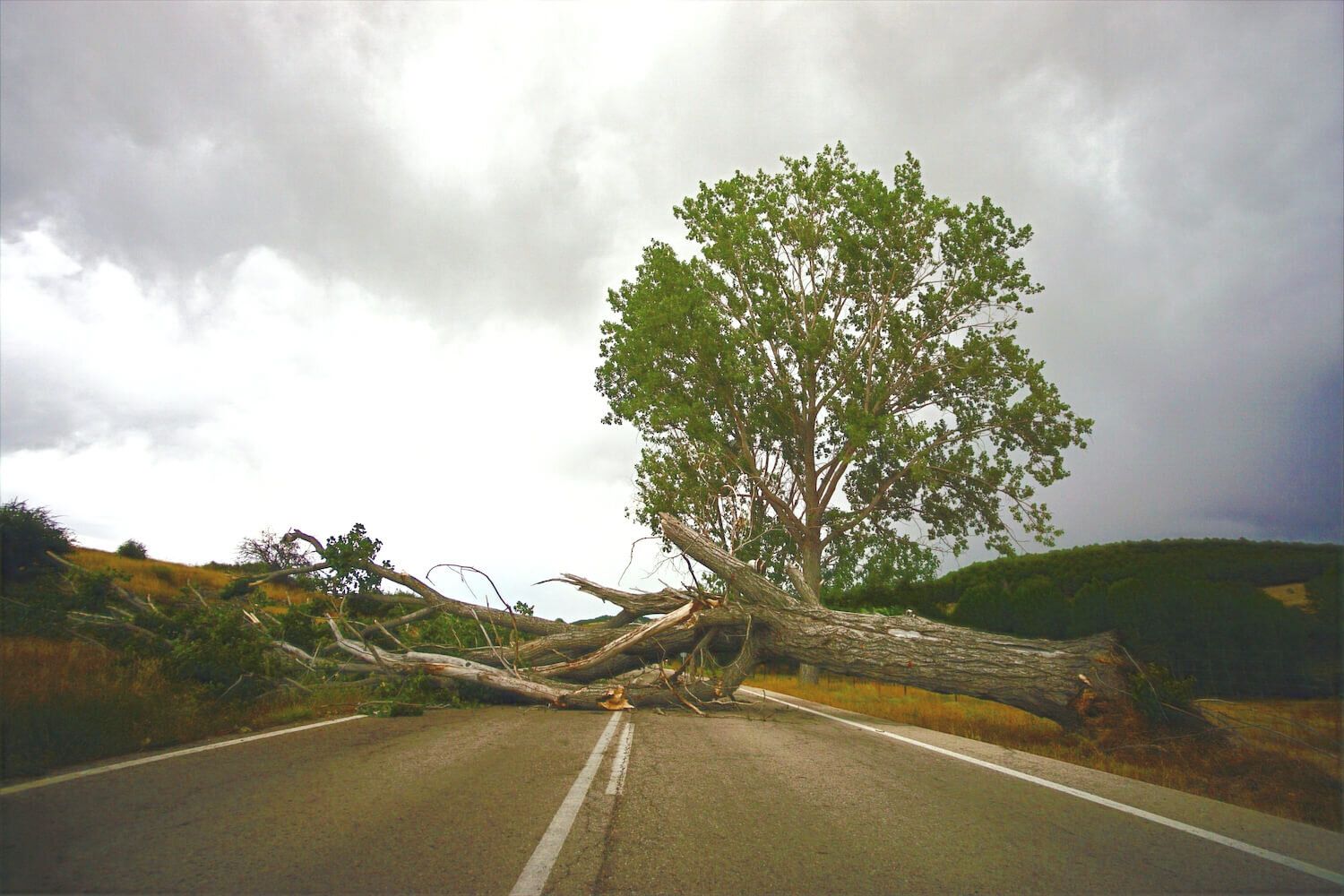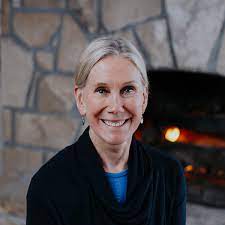A Reflection for Spiritual Companions on the Fall of Falwell Jr.
Oct 19
/
MaryKate Morse

Another mighty tree fell crashing to the earth as tweets and news came out of Jerry Falwell Jr’s – and his wife’s – moral failures. These moral failures were not just occasional lapses in judgement but huge contradictory indulgences and a lifestyle that boggles the mind with its obvious un-Christlike bent.
So, do we write off Falwell as another Christian giant who couldn’t handle the power and let his baser nature explode? That is an easy response.
I’d like to suggest the failure is not just a failure of Falwell, but of his social system as well. Liberty University, particularly the Trustees and those who were his immediate reports, failed too. This is a systemic failure, not solely an individual one. It is the responsibility of elders, trustees, mentors, spiritual directors, those closest to him or her to hold the leader accountable for the highest standards of character and ethical behaviors.
Unfortunately, most leaders like Falwell, Jr. do not have spiritual directors. However, today spiritual directors are becoming the norm for evangelicals as necessary leadership support people. Spiritual directors could be important voices for helping leaders choose character over status and success.
Power and being in the spotlight are heady stuff, and all leaders struggle with the temptations of it. And sadly, in our current climate, ethics, and character are secondary to being powerful and popular. The Christian witness to be the servant leader, who will not compromise – as Jesus did not compromise and John Lewis did not compromise – is mostly gone from the public view. In the public view, the story repeats of Christian leaders who fail to live a Christian life.
So as spiritual directors who companion leaders, what can we do? How might we be helpful voices?
First, as spiritual directors, we need a right view of power. Power is not an individual right earned because of talents, charismatic gifts, or skills. Power is a socially constructed reality. One doesn’t earn power. One is given power.
It is an emotional, and interpersonal exchange where a group instinctively decides whom they will let influence and lead them. And in a fallen world certain individuals will more likely be recognized by others, giving them rise to the top. But this recognition is culturally contrived.
Social power is power a group recognizes as an emotional and interpersonal transaction. It is not a ‘thing’ that gets handed to someone, and then magically the person has power. A group unconsciously recognizes the traits in others that will lead to the group’s success. Then the group will make a path to leadership for the person with those prized traits.
These traits are both physically observed and implicitly accepted. In Evangelical faith contexts, a tall, white, attractive male who is socially adept and successful will be noticed, and a way will be made for him. I am not suggesting all charismatic male pastors are like this, but the culture of male, charismatic privilege is the systemic norm among evangelicals.
The reverse person (small, female, ordinary looking, quiet, even though successful) is less likely to be seen and given the reins of power. A group decides whether they will allow someone to influence them or not. One might even be in a position of influence, but if the group doesn’t accept that person, they might do what is asked, but they will not follow.
Second, spiritual directors have a responsibility to help steward a leader’s power. Because power is socially constructed, spiritual directors have a role in helping the leader understand and steward the power given to him or her. The more power given - the more expansive and important the influence - the more oversight is needed. Christian leaders need spiritual directors who understand the force of power and its systemic nature.
Spiritual directors observe not just what the leaders say about their spiritual lives and their challenges, but also what they ‘say’ or ‘don’t say’ about their use of power. When the leader talks about some troubling event, the director might ask questions about the setting, the way things unfolded, the persons involved, and what they did or said.
The use of power is observed in social settings so it is observed in stories. It is not a mystical hidden construct. You can watch a group and easily figure out who has the most influence in a room. You can ‘see’ it in a story. The story gives you clues to the patterns of how a leader exercises power in a group.
Because power is observed and social, you cannot hide it when the person is corrupt or bent or ‘off’ from those closest to him or her. Those who surround that leader everyday know. Most likely it is unspoken or dismissed as ‘pressures of the office.’ They accepted the callous comments, the anger, the excesses, the hundreds of small signals hinting at things going in the wrong direction. The unchecked abuse of power, harmed all involved, including those watching on the sidelines.
Thirdly, I suggest group spiritual direction is an especially helpful means of forming leaders to influence for good and for Christ. Power resources belong to the whole Body – the institution or church or ministry – not to the individual at the top. Therefore, group spiritual direction of peer leaders with a director could be a safe place to discuss power, its effect, and to hold each other accountable.
In a spiritual direction group, a plan may be developed for holding themselves accountable to God and to each other with attention to a high standard of character and behavior. Usually, people measure and deem the leader successful when the enthusiasm for a vision increases the numbers of people and dollars. We know this is never enough. Leaders are successful when they become more and more like Christ. Spiritual directors are trained to know what that looks like.
In group spiritual direction we might create a Code of Honor for the Exercise of Power that every leader commits to and checks in on.
What might that look like? I’m thinking about that. I think it’s possible.
For now, I know that falling giants should not be our norm. Trustees, elders, and spiritual directors must help support leaders by having high expectations, accountability systems, and peer support.

MaryKate Morse
MaryKate Morse is the dean of the Portland Seminary and lead mentor for the Leadership and Spiritual Formation DMin track. She is a church planter, spiritual director, leadership mentor and coach, speaker, and author including Making Room for Leadership: Power, Space, and Influence and A Guidebook to Prayer. She is passionate about companioning and resourcing people on the front lines of ministry. She can be found on Facebook facebook.com/MaryKateMorse or on Twitter @MaryKateMorse

